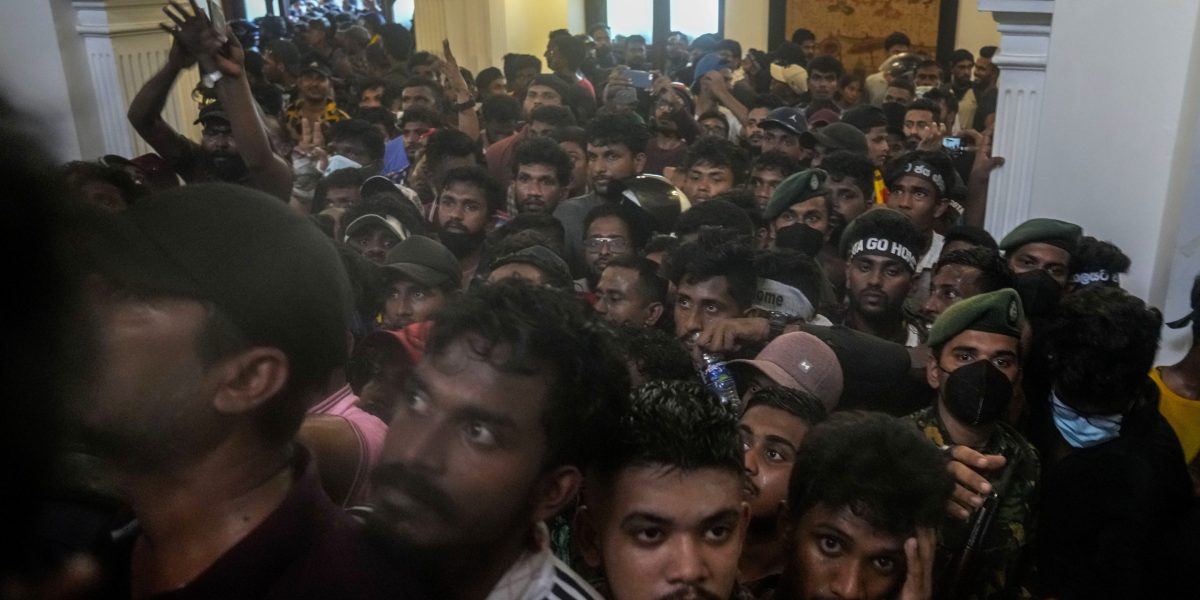A dozen poor countries are facing economic instability under the weight of hundreds of billions of dollars in foreign loans, much of them borrowed from China under its Belt and Road Initiative (BRI). An analysis has found paying back this debt is consuming an ever-greater amount of the tax revenue needed to keep schools open, provide electricity and pay for food and fuel.
In Pakistan, millions of textile workers have been laid off because the country has too much foreign debt and can’t afford to keep the electricity on and machines running.
In Kenya, the government has held back paychecks to thousands of civil service workers to save cash to pay foreign loans. The president’s chief economic adviser tweeted last month, “Salaries or default? Take your pick.”
Since Sri Lanka defaulted a year ago, a half-million industrial jobs have vanished, inflation has pierced 50% and more than half the population in many parts of the country has fallen into poverty.
Inflation in Zambia has since soared 50%, unemployment has hit a 17-year high and the nation’s currency, the kwacha, has lost 30% of its value in just seven months. A United Nations estimate of Zambians not getting enough food has nearly tripled so far this year, to 3.5 million.


